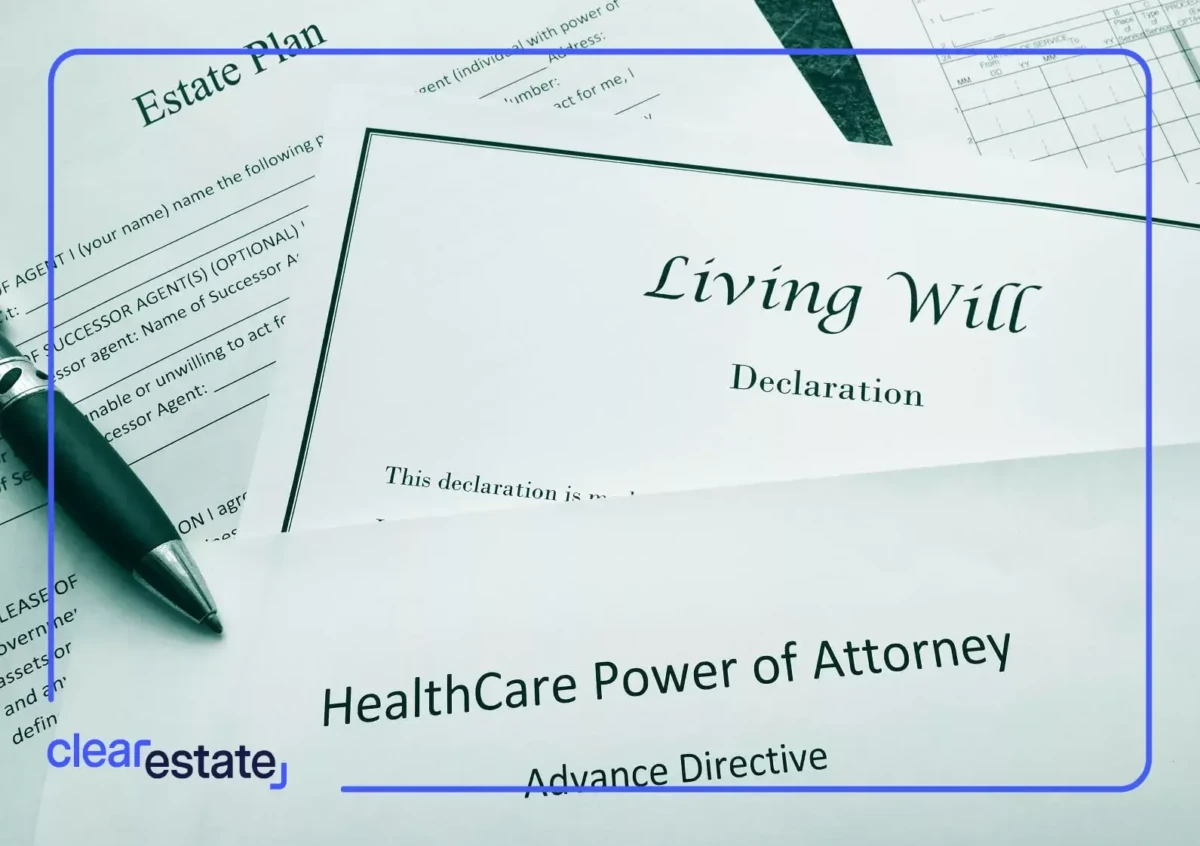The death of someone close to you is a traumatic experience. It can feel like your world has suddenly stopped, and everything is centered around your grief and your loved ones. However, the reality is that the world unfortunately keeps moving. The death of a loved one leaves many loose threads, and they need to be tied up. Some of these need to be tied up very quickly, and if that task falls to you, then you may find yourself surprised by the amount of paperwork you’ll need to submit. Bureaucracy doesn’t stop just because someone died; in fact, it often increases.
This is an overwhelming time, and having a clear roadmap for how to proceed can take some of the burden off your shoulders. Here are the nine things you’ll need to handle immediately after the death of a loved one.






